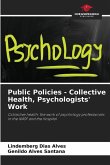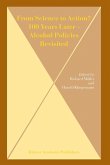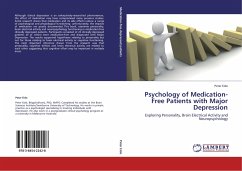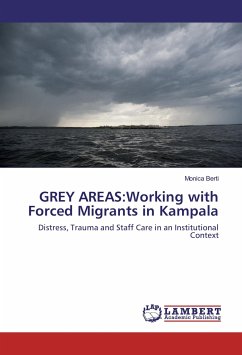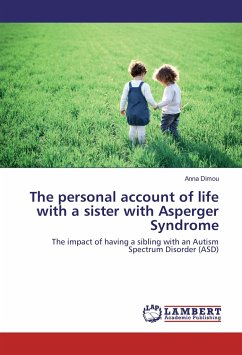South Eastern Europe and especially the Balkans have been recently the subject of much research interest, especially due to the displacement of the epicenter of the smoking epidemic towards these regions. Although considerable efforts have been made towards the introduction of tobacco control policies, there seems to be still lots of resistance from smokers. Hence, compliance with smoke-free policies in the pro-smoking societies of the Balkans clearly represents a very problematic aspect that needs to be addressed. In order to address this problem the present book not only provides a systematic literature review of the main theoretical approaches and empirical studies on the topic (from the Balkans and beyond), but also considers a specific case study of analysis: Albania. Thus the second part of the book discusses in detail four empirical studies conducted in Albania, which addressed the following target groups: teachers, healthcare workers, students, and adults. The book is useful for researchers, policy-makers, students, and anyone interested in the specific topic.
Bitte wählen Sie Ihr Anliegen aus.
Rechnungen
Retourenschein anfordern
Bestellstatus
Storno


